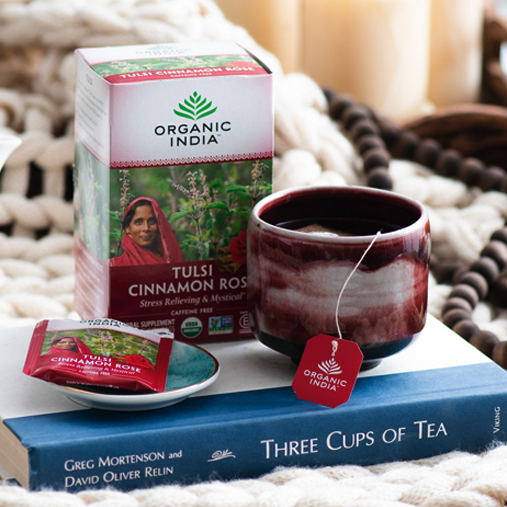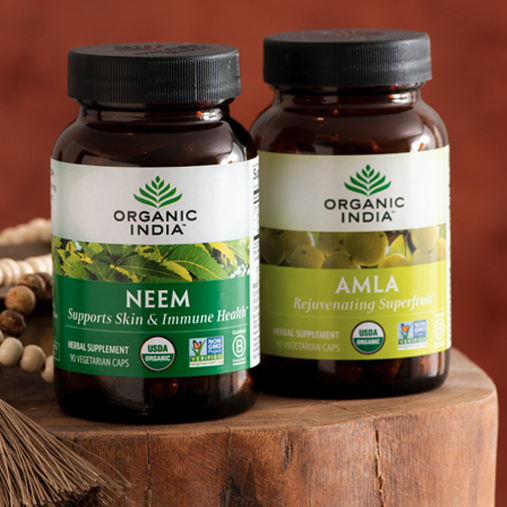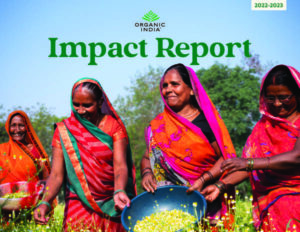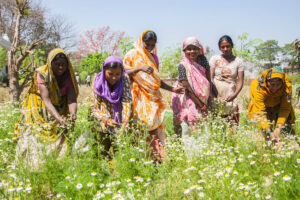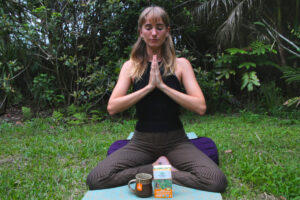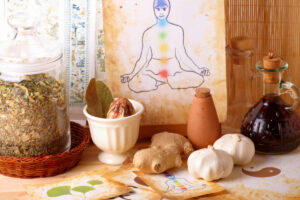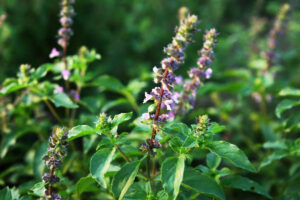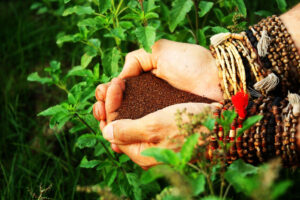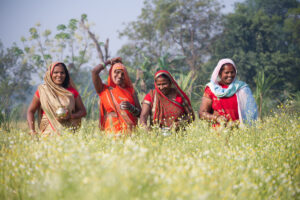Back
Gratitude, Wellbeing and Health
02/10/2021 | Written by Vic Shayne
Conscious Healthy Living, Uncategorized
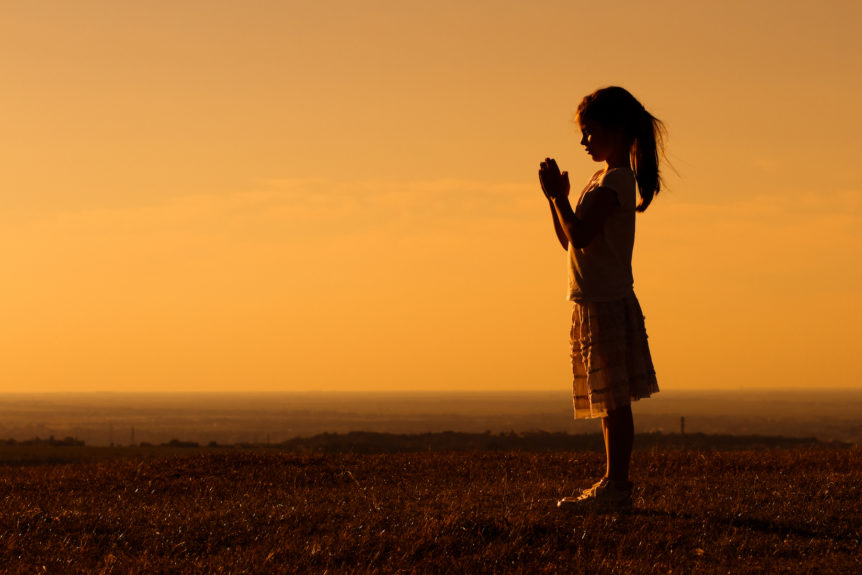
Gratitude is an expression of appreciation for what one has. Scientists have also weighed in on the matter, pointing to various parts of the brain that are associated with feelings. Gratitude is thankfulness — offering thanks to someone, some thing, or some being outside of you is wonderful, but what is that essence of your selfhood that is moved to feel compassion, grace, or gratitude — and what does any of this have to do with your personal health and wellbeing? Neuroscientist Glenn Fox began researching gratitude as a doctoral student at the University of Southern California. “Benefits associated with gratitude include better sleep, more exercise, reduced symptoms of physical pain, lower levels of inflammation, lower blood pressure and a host of other things we associate with better health,” he said.
Gratitude takes on greater meaning when you realize all of what it takes to bring nutritious food to your table, or good health, energy, and vitality to your body. There are so many factors underlying good health and happiness that they are perhaps countless — weather, farmers and their families, good soil, clean air and water, potent seeds, transportation systems, know-how, Mother Nature, and (ultimately) the singular and unbounded movement of life and consciousness. All of these factors contribute to nourishing the mind and body. However, when things go wrong, is it still possible to experience gratitude? Is happiness dependent on the direction of the wind, abundance of food, and good health?
Enlightened mystic HWL Poonja (Papaji) explained that our fundamental nature is quietness, peace and love. Happiness, he taught, is “the eternal oneness…That which does not change gives you true happiness…” Thus, happiness is at the core of our being, and gratitude is the recognition of our true nature beyond all things temporal.
Nature’s foods, herbs, and plants allow the body to exist and thrive, which in turn allows us to know that we exist, which is expressed in the fundamental thought, “I am.” At a deeper level, gratitude recognizes this sacred relationship in the greater movement of life. Thus, gratitude may extend beyond the mere health and welfare of the physical body and encompass the entire process of life, chief of which is to allow for the ability to discover the wonders of what it is to be alive, far beyond mere sensual pleasure. Food provides this opportunity.
Mythologist and author Joseph Campbell said, “The privilege of a lifetime is being who you are.” He also said, “We’re so engaged in doing things to achieve purposes of outer value that we forget the inner value, the rapture that is associated with being alive, is what it is all about.”
Nature Nourishes Us
The Chāndogya Upaniṣhad teaches that when one’s food is pure, one’s being becomes pure. We cannot separate nature from ourselves, the mind, body, and spirit are all of the same movement of life. Gratitude for our health and ability to live, help others, uplift the world, care for the planet, and express love comes from ourselves and is ultimately expressed to ourselves. Offering thanks and appreciation for our own sense of well-being is a way of stopping the thought process to recognize the love that makes life possible. Vedanta teacher Swami Paramananda’s prayer of gratitude before eating is, “May the Lord accept this, our offering, and bless our food that it may bring us strength in our body, vigor in our mind, and selfless devotion in our hearts for His service.”
Underlying the sky, water, soil, roots, spirit, and our bodies is love, and this is also the source of deep gratitude for the plants, herbs, and totality of life that sustains us and allows us to see who we are. This is true holism and harmony. According to the Prasna Upanishad, “Food is in truth the Lord of Creation (Prajapathi).” Gratitude is simply the recognition.

